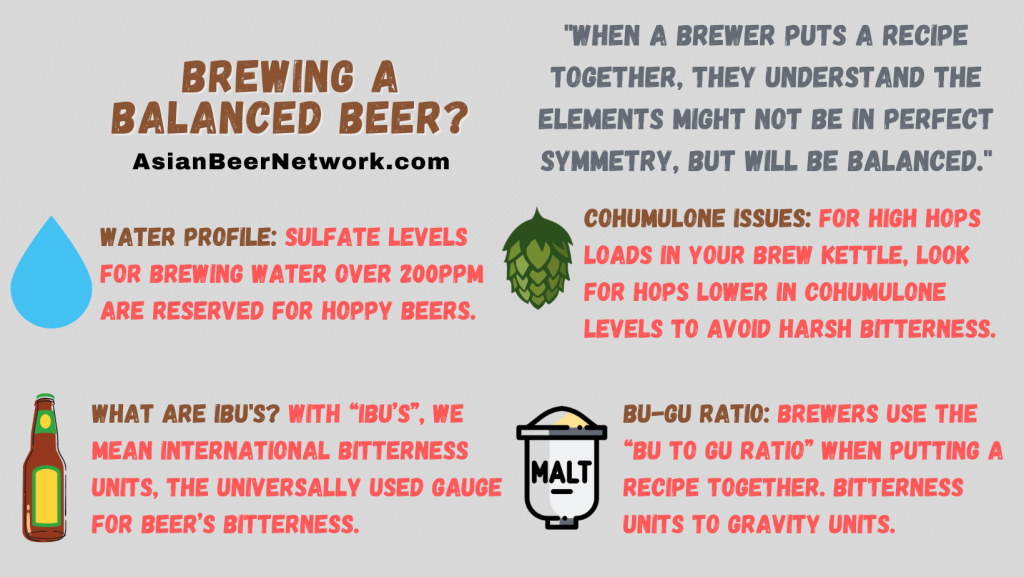Unlock the secrets of beer intoxication levels with this insightful blog post that will change the way you drink forever.

Image courtesy of COPPERTIST WU via Pexels
Table of Contents
Are you curious about how many beers it takes to get drunk? It’s a question that has intrigued many, and the answer is not as straightforward as you might think. In this blog post, we will delve deep into the science behind alcohol metabolism, individual tolerance levels, and various factors that can influence how quickly someone becomes intoxicated.
Understanding Alcohol Metabolism
alcohol metabolism is a complex process that takes place in the liver. When you consume beer or any other alcoholic beverage, the ethanol in the drink is broken down into acetaldehyde and then acetic acid by enzymes in the liver. This process can be affected by a variety of factors, including age, weight, and genetics.
Age plays a role in alcohol metabolism because as we age, our liver’s ability to break down alcohol decreases. This is why younger individuals tend to feel the effects of alcohol more quickly than older individuals. Weight also plays a role, as those with a higher body mass tend to metabolize alcohol more efficiently than those with a lower body mass. Additionally, genetics can play a significant role in how our bodies process alcohol, with some people having genetic variations that make them more or less susceptible to intoxication.
Individual Tolerance Levels
Everyone’s tolerance to alcohol is different, and it can be influenced by a variety of factors. Tolerance refers to the body’s ability to handle alcohol without feeling intoxicated. Regular alcohol consumption can increase tolerance levels, meaning that someone who drinks frequently may need to consume more alcohol to feel the same effects as someone who drinks infrequently.
Binge drinking, which is defined as consuming a large amount of alcohol in a short period of time, can also impact tolerance levels. When someone engages in binge drinking, the body may not have enough time to metabolize the alcohol efficiently, leading to a faster and more intense intoxication.
Factors Influencing Intoxication
Several factors can influence how quickly someone becomes intoxicated when consuming alcohol. Gender plays a role, as women tend to metabolize alcohol more slowly than men due to differences in body composition and enzyme levels. Food consumption can also impact intoxication levels, as consuming food before drinking can help slow down the absorption of alcohol into the bloodstream.

Image courtesy of www.asianbeernetwork.com via Google Images
The type of alcohol consumed can also influence intoxication levels. Drinks with higher alcohol content, such as hard liquor, can lead to faster intoxication than lower alcohol content drinks like beer. It’s important to know the alcohol by volume (ABV) of the drinks you consume and to drink responsibly.
Conclusion
So, how many beers does it take to get drunk? The answer is not a simple one, as many factors contribute to how alcohol affects our bodies. By understanding alcohol metabolism, individual tolerance levels, and the various factors influencing intoxication, you can make informed decisions about your alcohol consumption and stay safe while enjoying a drink.
Remember, it’s always important to know your limits and drink responsibly. Whether you’re enjoying a cold beer with friends or sipping on a cocktail at home, make sure to prioritize your health and well-being while indulging in your favorite brews and booze.
FAQ Section
How does age affect alcohol metabolism?
Answer 1: Age plays a role in alcohol metabolism as our liver’s ability to break down alcohol decreases with age. Younger individuals tend to feel the effects of alcohol more quickly than older individuals.
What factors influence individual tolerance levels?
Answer 2: Individual tolerance levels can be influenced by factors such as regular alcohol consumption, binge drinking, gender, and food consumption before drinking.
Does the type of alcohol consumed affect intoxication levels?
Answer 3: Yes, drinks with higher alcohol content, such as hard liquor, can lead to faster intoxication than lower alcohol content drinks like beer. It’s important to know the alcohol by volume (ABV) of the drinks you consume.
How can I drink responsibly?
Answer 4: To drink responsibly, know your limits, prioritize your health and well-being, and make informed decisions about your alcohol consumption. Whether you’re enjoying a drink with friends or at home, always ensure you are staying safe and taking care of yourself.
Generated by Texta.ai Blog Automation
Leave a Reply